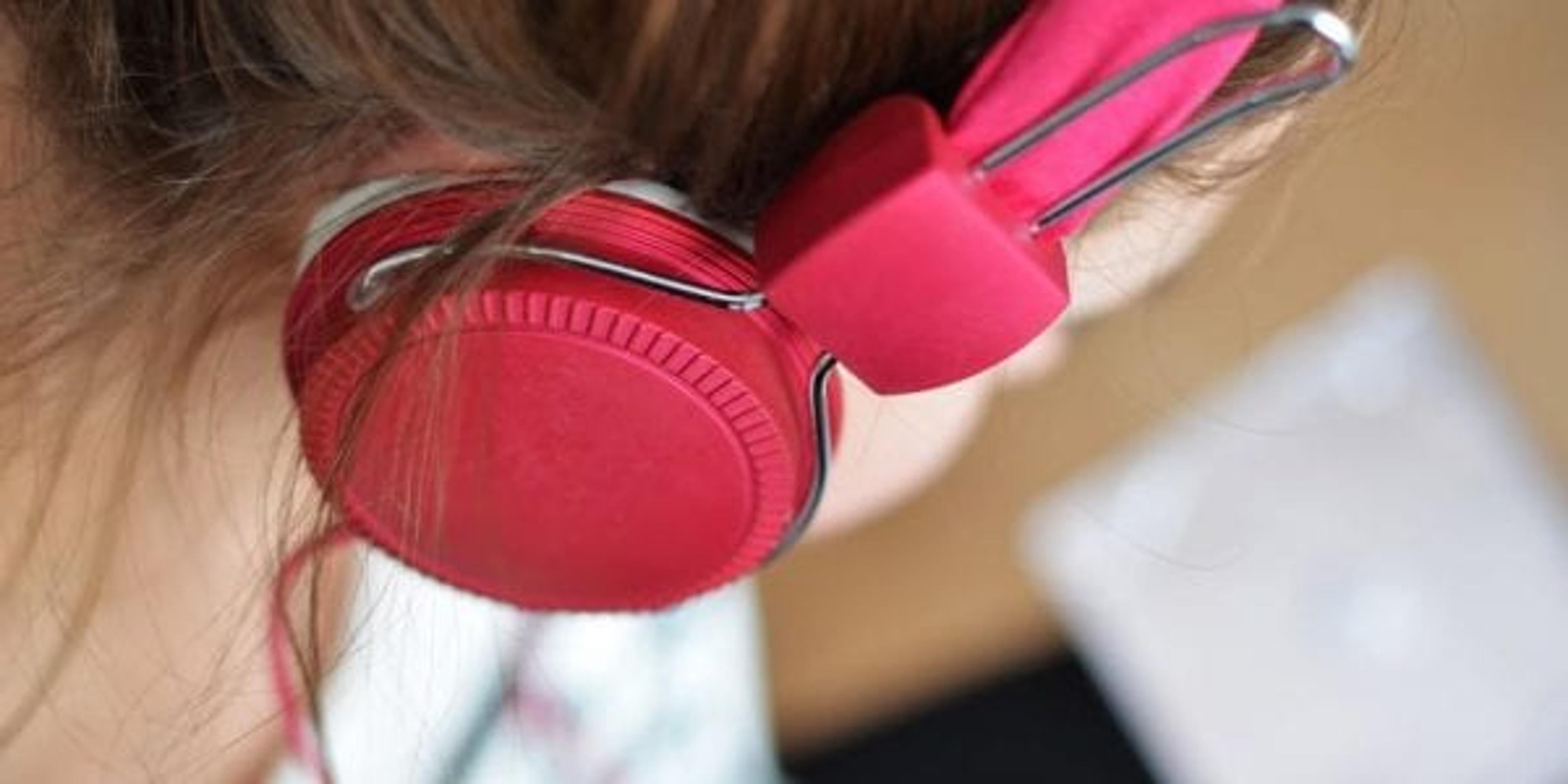Hear Ye, Hear Ye! The Best Way to Protect Your Child’s Ears
| 2 min read

You may not realize it, but your children could be regularly exposed to sounds that can hurt their hearing ability long term. And it’s not just the obviously loud places that can do damage, like concerts and sporting events—there are other more surprising things that can affect your child’s ears. For instance, household appliances like lawn mowers and food processors can have an effect on children’s hearing if they’re run for too long, too close.
According to the Centers for Disease Control and Prevention, nearly 15 percent of children between the ages of six and 19 have some degree of hearing loss. And as many as 17 percent of teens have signs of noise-induced hearing loss. This can impact a child’s speech and ability to process language properly as well as cause tinnitus (ringing or buzzing of the ears) or difficulty sleeping.
Hearing-related issues progress over time, but can be avoided with a few preventive steps. Here are tips for preserving your child’s hearing for years to come:
- Be mindful of noise levels they’re exposed to. On average, it is recommended that children aren’t exposed repeatedly to noise levels above 85 decibels. This means that, while normal conversation or light traffic are harmless, loud music, heavy traffic, and sirens can be damaging. Exposure to sounds over 100 decibels should be kept to 15 minutes (and anything more than 110 decibels should be experienced for fewer than 60 seconds!).
- Invest in protection. If your child will be attending an event that’s sure to be loud, like a football game or fireworks show, purchase a pair of ear muffs or earplugs that can muffle sounds or block noise completely.
- Get them tested. Limited or poor speech patterns, loud speech or seeing your child lean forward with one ear to hear better are all symptoms of a potential problem. If you suspect your child is having trouble hearing, talk to your pediatrician.
Photo Credit: Breakingpic





